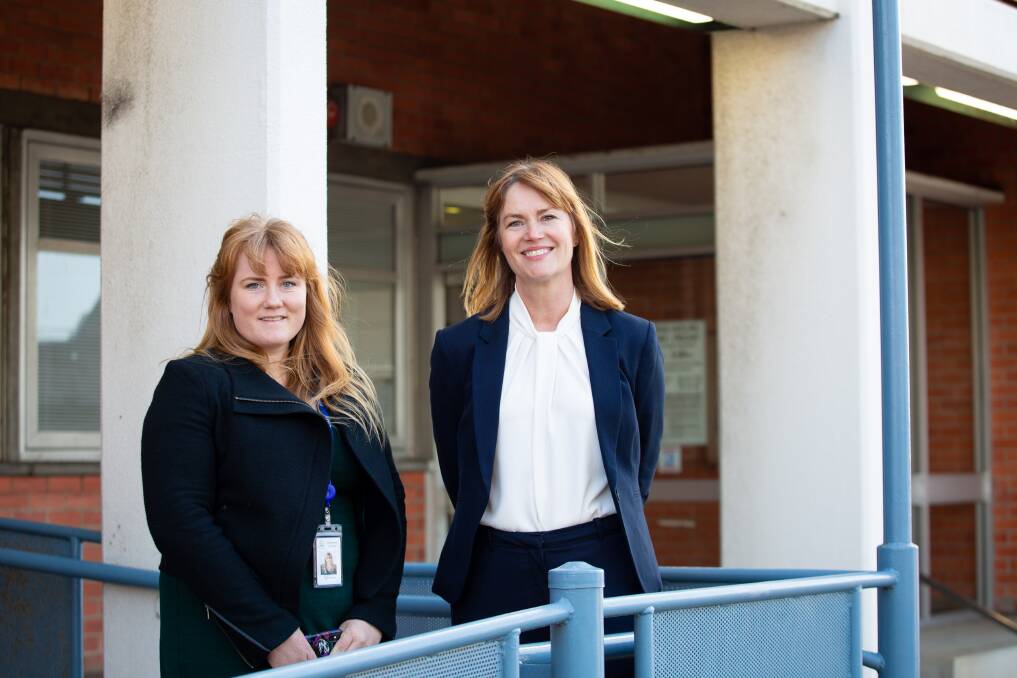
The Royal Commission into institutional child sex abuse was a devastating and revealing period in Australian history.
Subscribe now for unlimited access.
$0/
(min cost $0)
or signup to continue reading
But four years on since the commission's final report was made public, its recommendations are beginning to take effect in Tasmania.
One of those recommendations is a scheme in Tasmania's justice system which seeks to help abuse survivors and vulnerable witnesses communicate their evidence accurately while minimising the likelihood of being further traumatised.
IN OTHER NEWS
Marita O'Connell is the assistant director of the state's Department of Justice child abuse royal commission response unit, which is piloting the witness intermediary scheme across sex abuse and homicide cases in Tasmania's criminal justice system.
The pilot program involves a communication expert at any stage of the legal proceedings, from police interviews through to jury trials, who can help witnesses "give their best evidence".
In the six months since the program first began in the state, Ms O'Connell said the program have had 223 referrals for an intermediary, including 185 from Tasmania Police and 38 from courts.
"[The scheme] introduces witness intermediaries to assist children and vulnerable adults to communicate within the justice system," Ms O'Connell said.
She said the Royal Commission recognised that vulnerable witnesses and survivors of child sexual abuse are often not able to understand the intricate processes of courts and police interviews, or legal terminology.
In recent trials in the Supreme Court in Burnie, the intermediary has conducted assessments of witnesses' communication needs and abilities and provided reports to the court.
Ms O'Connell said that then informs how prosecutors, defence lawyers and even the judge interact with the witness and frame and phrase their questions.
"Lots of language and concepts are assumed in court. If there are areas such as concepts of time, the witness may be asked to relate to their own birthday, rather than say the 4th of September," she said.
If the judge allows, the intermediary can raise concerns and provide recommendations for more effective communication with the witness during court proceedings.
The intermediaries come from a range of professional backgrounds including occupational therapists, psychologists, social workers and allied health professionals.
"They are not support people," Ms O'Connell said.
"[The scheme] is impartial and it supports the [justice] system as a whole."
Ms O'Connell said it has been "really rewarding" to be involved in the pilot program, which has been well supported across levels of government.
Due to the demand, more intermediaries will soon be recruited in the North-West of the state.


